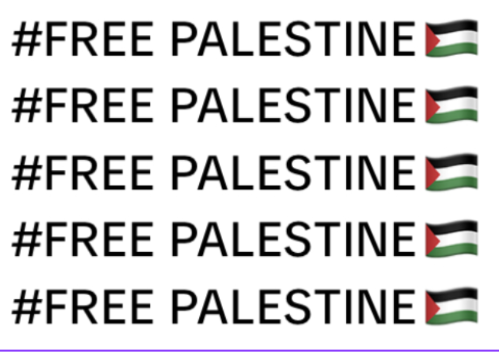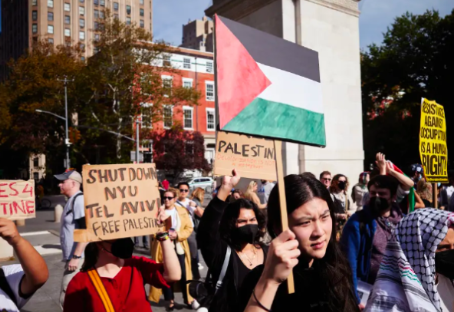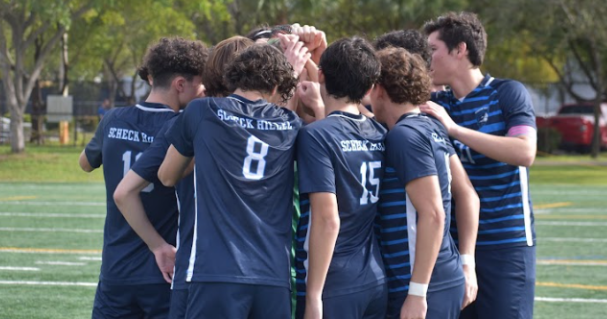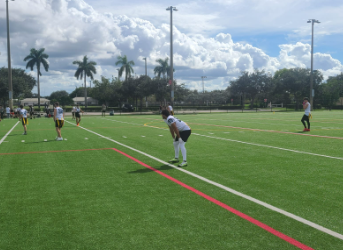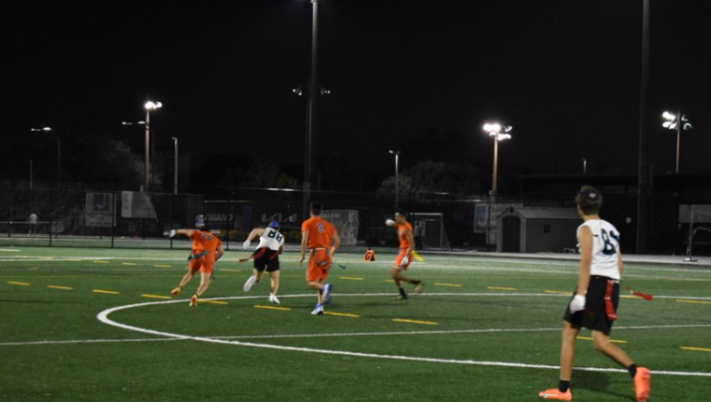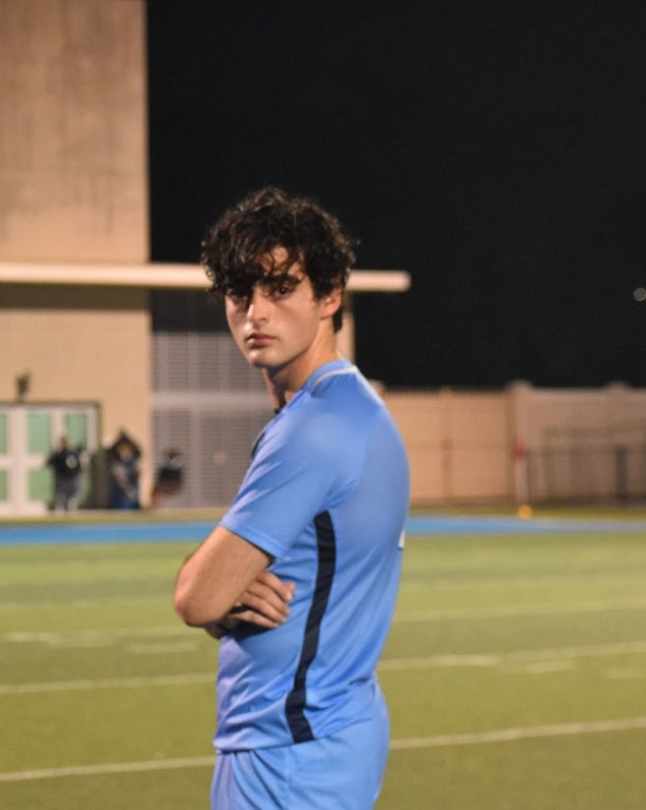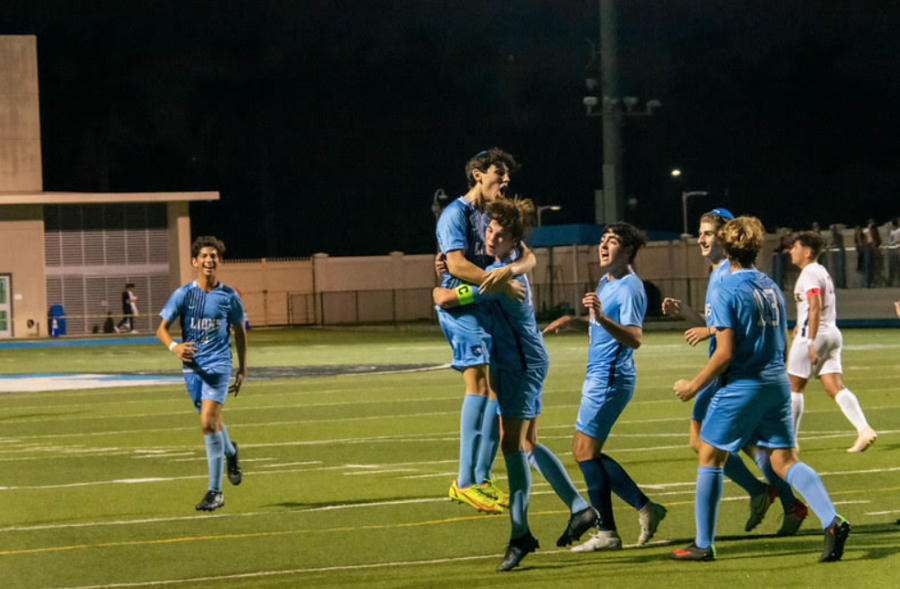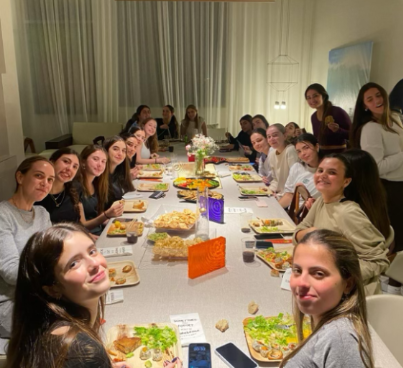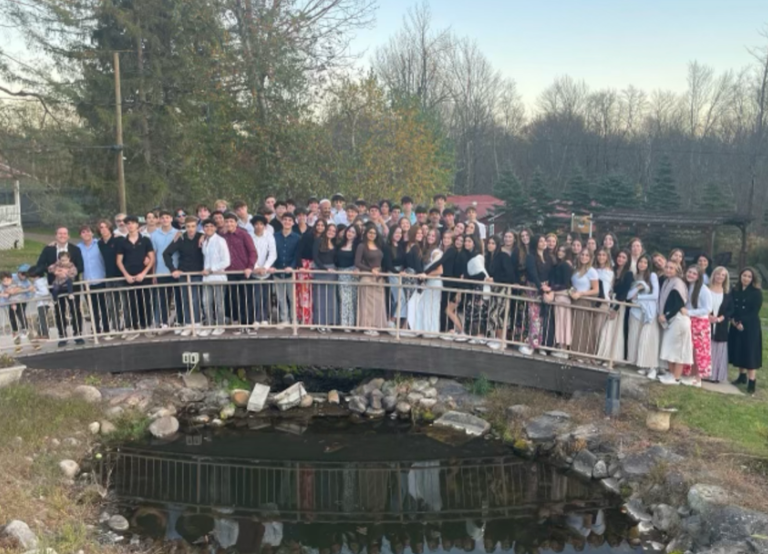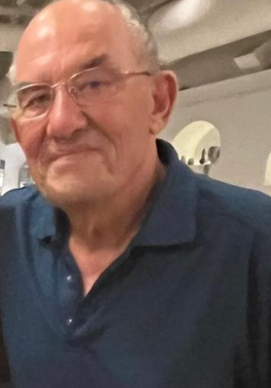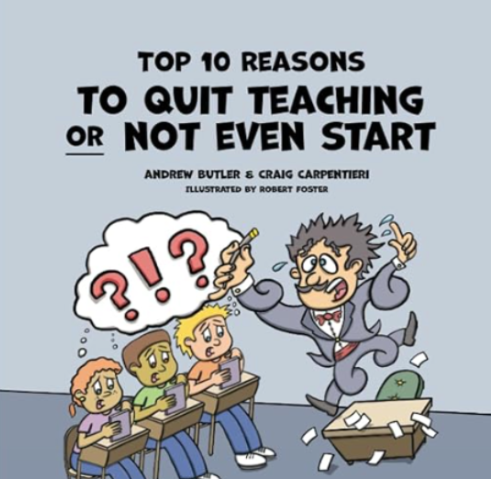In this day and age, our whole world revolves around our screens: what we do, what we post, what we think, and what we see. When our favorite actors wear sparkling outfits to the Oscars, we match the trend. When we’re stuck at home on a rainy day or during a worldwide pandemic, we post dancing videos for all of our friends to see. When our favorite celebrities fight online, it’s all we can think about. But when we turn on the news, we see war. Since October 7th, we have seen nothing but news concerning the war in Gaza. Even though we are over six thousand miles away from Israel, we are grieved over the loss of our beloved brothers and sisters in the Jewish homeland. We must acknowledge that it is impossible to know how it feels to be in the center of the storm. We feel tremendous pity and are worried sick for our friends and families in Israel, especially if they are foreigners with no one nearby to turn to in these trying times. But it is they who bear the biggest burden. In this article, three Israeli residents who were forced to flee share their thoughts and experiences on having front-row seats in the Israel-Gaza War.


Sisters Sophie and Dana Grobman – both of whom immigrated to Tel Aviv from Lima, Peru, to study abroad – were compelled to vacate their residence upon the outbreak of the Israel-Gaza War and flee to Spain, where their parents had moved only one year prior. Having to move halfway across the globe to an unfamiliar country can be terrifying on its own. It brings many new challenges to one’s life, such as having to learn a new language, limiting communication with relatives because of time zone differences, and being introduced to numerous cultural customs all at once. While the two had already been adjusting to living in Israel for years before the conflict escalated, the attacks were just as frightening for them as for any other foreigner in the area. When asked about the trials of the conflict, Dana stated, “There was a lot of confusion, and it was difficult for me to comprehend what was really going on, though I did not feel as though my life was at risk. I was only very sad for all of the people who perished and assumed that all of my plans for the future would be canceled for the time being.” She and Sophie remained calm and decided to stay in their home to avoid being surprised by sirens, giving them the time necessary to reach a bomb shelter as soon as possible. They also claim that being in the comfort of their own home gave them a higher sense of security as they prepared to leave for Spain. They had no idea what the future would hold for them and whether or not they would ever be able to escape, yet they continued to persevere despite the dire circumstances that took over their lives.
Even in the safety of their parents’ home, the sisters expressed their concerns for the future of Israel and its people. “Israel will come out of this war as a winner,” they say, “and will remain as strong as it is now. However, the number of lives that we are certain will be lost worries us, as does the fact that many people will have severe PTSD (Post Traumatic Stress Disorder) and will be scarred for life from this war.” Despite the trials and tribulations they endured to reunite with their family unscathed, one can only imagine the terror they felt during the process of evacuation. Sophie and Dana are now frequently involved with news concerning the conflict in Israel and anticipate their return home soon.
Canaan Estes is an eighteen-year-old member of Year Course, a program for Jewish high school graduates who learn in Israel for one year. Unfortunately, what was supposed to be one of the greatest years of his life was cut short by the gruesome October 7th attacks. In our interview, Canaan recounted his story and reflected on the impact it left on him. When the war broke out, he and his friends were in the city of Tzfat. That same day, they left for the capital city. His initial reaction was to simply get to the shelter and nothing else. Before leaving the country, his time in Israel was filled with fear. Canaan revealed that he was in and out of bomb shelters, “never knowing what the next minute holds.”

“Nothing was certain” and in the blink of an eye, everything turned to chaos. They had no idea when the next class or activity was, or even if there would be another. When asked, Canaan said that what he worries about most is the safety of the civilians in both Israel and Gaza. (One of his biggest focuses is on the utter atrocity and needless violence against all civilians). Canaan also told us that he worries about how this war will change the general population’s perception of Israel and how the war will further stall the struggle for peace in Israel. In his latest Instagram post, he wrote, “I was hoping to be able to go back to posting about normal teenage things like concerts instead of conflict. Now I fear that normal is never going to be the same.” Canaan’s year abroad left an indelible mark in his memory for all the wrong reasons. His words encapsulate what most Jewish children around the world have felt for the past month. There is no more normal.
The outbreak of war is undoubtedly a horrible event, no matter where it is or who it affects. People die, lives change, and the effects are felt worldwide. But for those of us who are lucky enough to have not experienced it up close, we can never truly feel the shattering effect of conflict on such a scale. We can only feel the rhythmic reverberations, though they can still take quite a toll on us. The struggle in Israel is one of the worst wars in modern history because of the possibility of catastrophic ramifications. The Jews represent less than half of one percent of the world population, and up until the establishment of the State of Israel, we had no country of our own, no place of refuge, and no voice on the great world stage. Time and time again, our only home has been challenged and under constant threat of war. We, the Jews, have been under constant threat of extermination. As Jews of the Diaspora, we have such an important obligation to unconditionally support our brethren in our homeland who are struggling a world away. We have to use our voice to show both the Jews of Israel and their attackers that Israel is not alone. We must defend Israel by any means necessary. This will ensure Israel’s continual existence. Canaan was supposed to have a wonderful experience learning about his culture in Israel, but his time to do so was cut short. The Grobman’s lives should have continued as normal, but they were forced to relocate. Nevertheless, both Canaan and the Grobmans continue to remain avid supporters of Israel and make it known that Israel is here to stay. Still, they were lucky. Thousands were not lucky enough to escape with their lives. Hundreds more could not escape without lasting trauma and horrific images ingrained in their memories. For them, for us, and all of our children, peace is not a common goal. It is a necessity.





